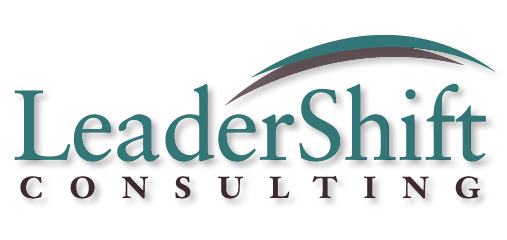The Limitations of Willpower
It’s New Year’s Day. The day when we set goals and start to martial our willpower to achieving them. If you are naturally driven and focused, you’re probably one of those rare folks who actually accomplishes her New Year’s Resolutions. Willpower can be a real force for good, especially as a leader. Driving and self-discipline allow you achieve more, reach higher heights, and do it all in less time. And it can propel your team into doing the same. In our organizations and culture at large, ‘drive’ has very positive connotations.
But is it possible to have too much drive? Absolutely. It is possible to impose your own goals, timing and standards so rigidly that you actually slow progress down. When this happens, you’ll experience the downside of ‘drive:’ driving people away, driving yourself and others to exhaustion, driving productivity and morale down. If you overuse them, drive and willpower can wreak havoc – on productivity, relationships and personal well-being.
What about you?
- How do you know if you’re “over-powering” in your leadership and your life?
- And how do you find out before it’s too late?
- What are the signals, both from within yourself and from the external world, that you’re nearing or crossing the line?
Examining these questions in depth now could save you from having to recover later from personal burn-out, damaged relationships, or an all-out career derailment.


